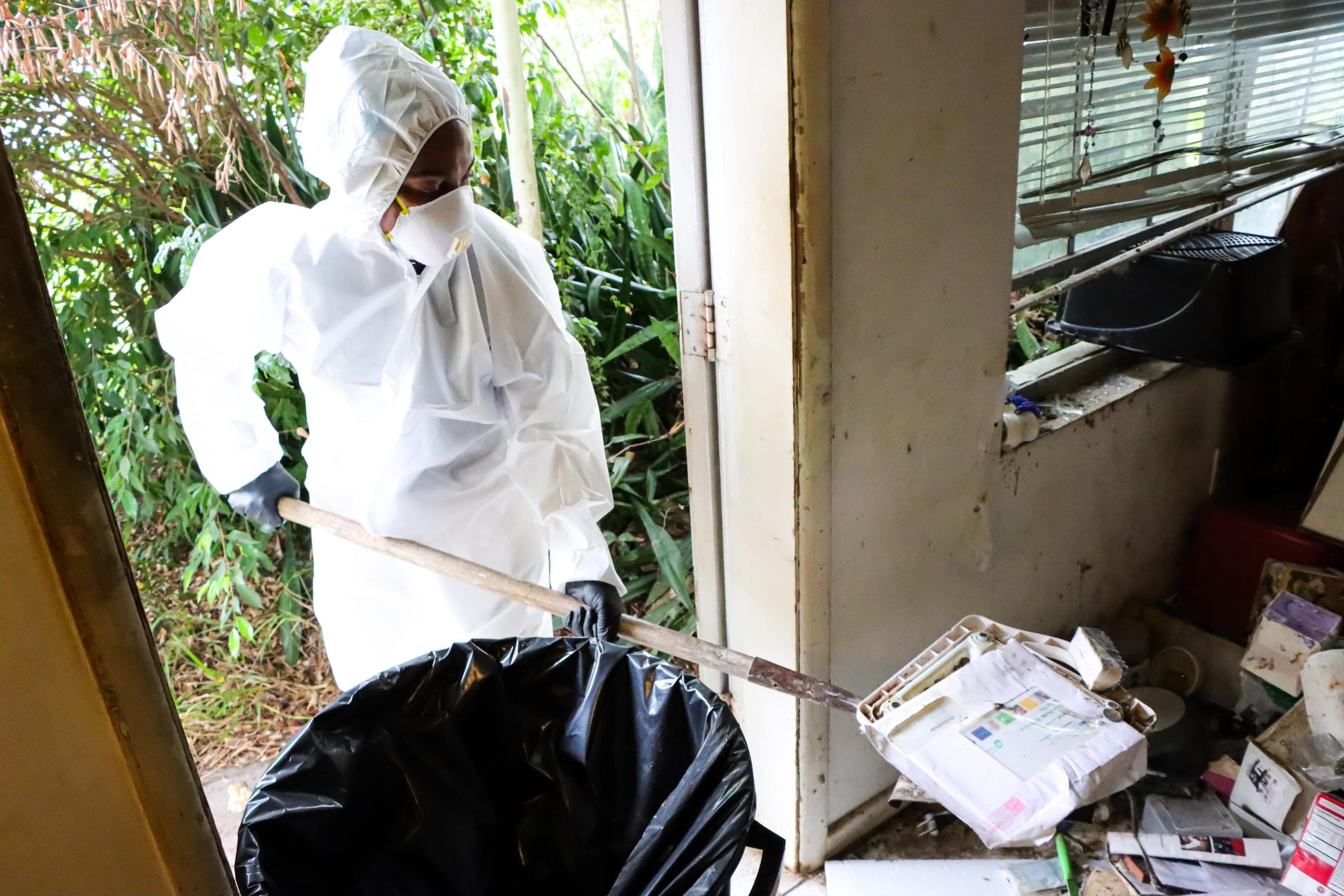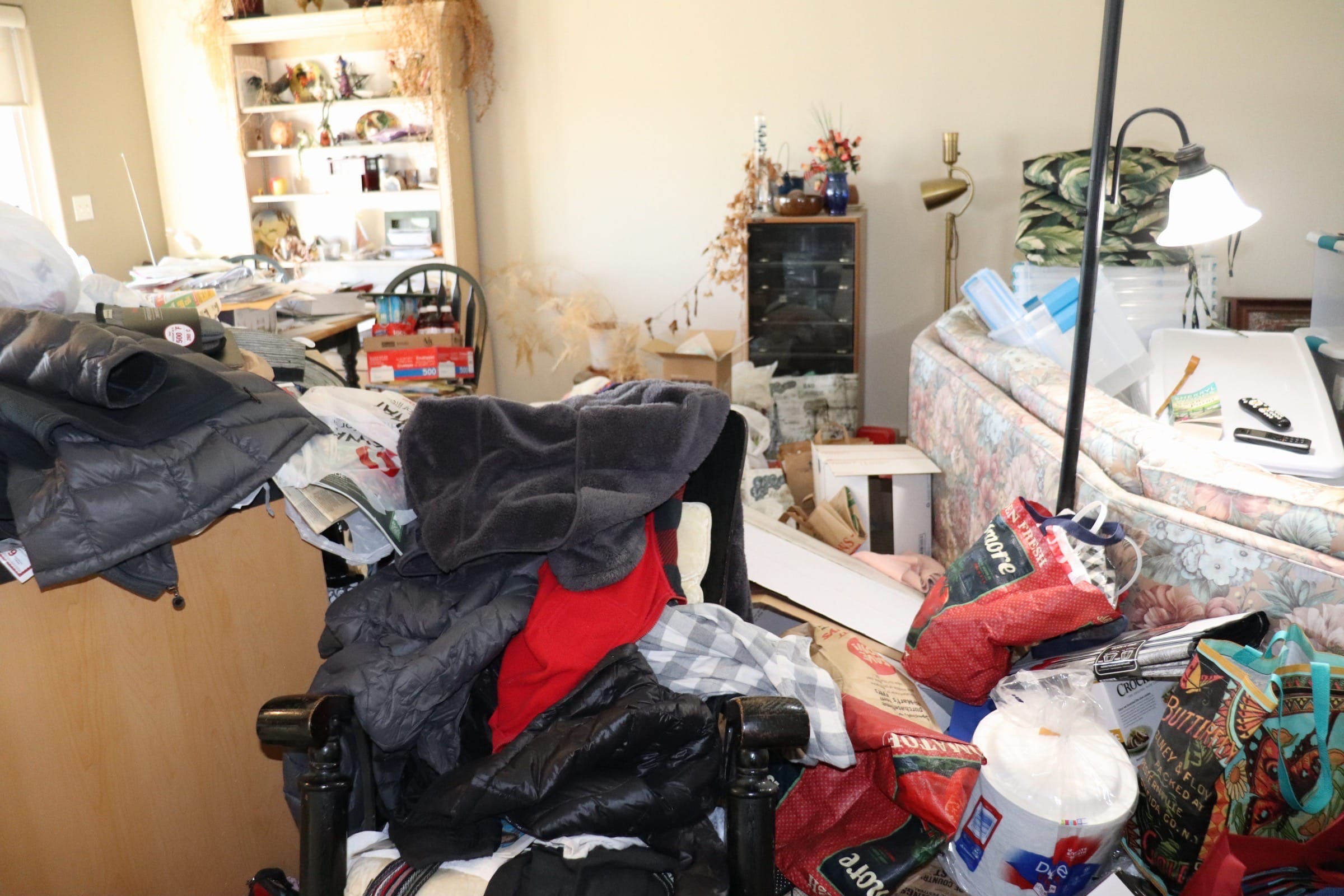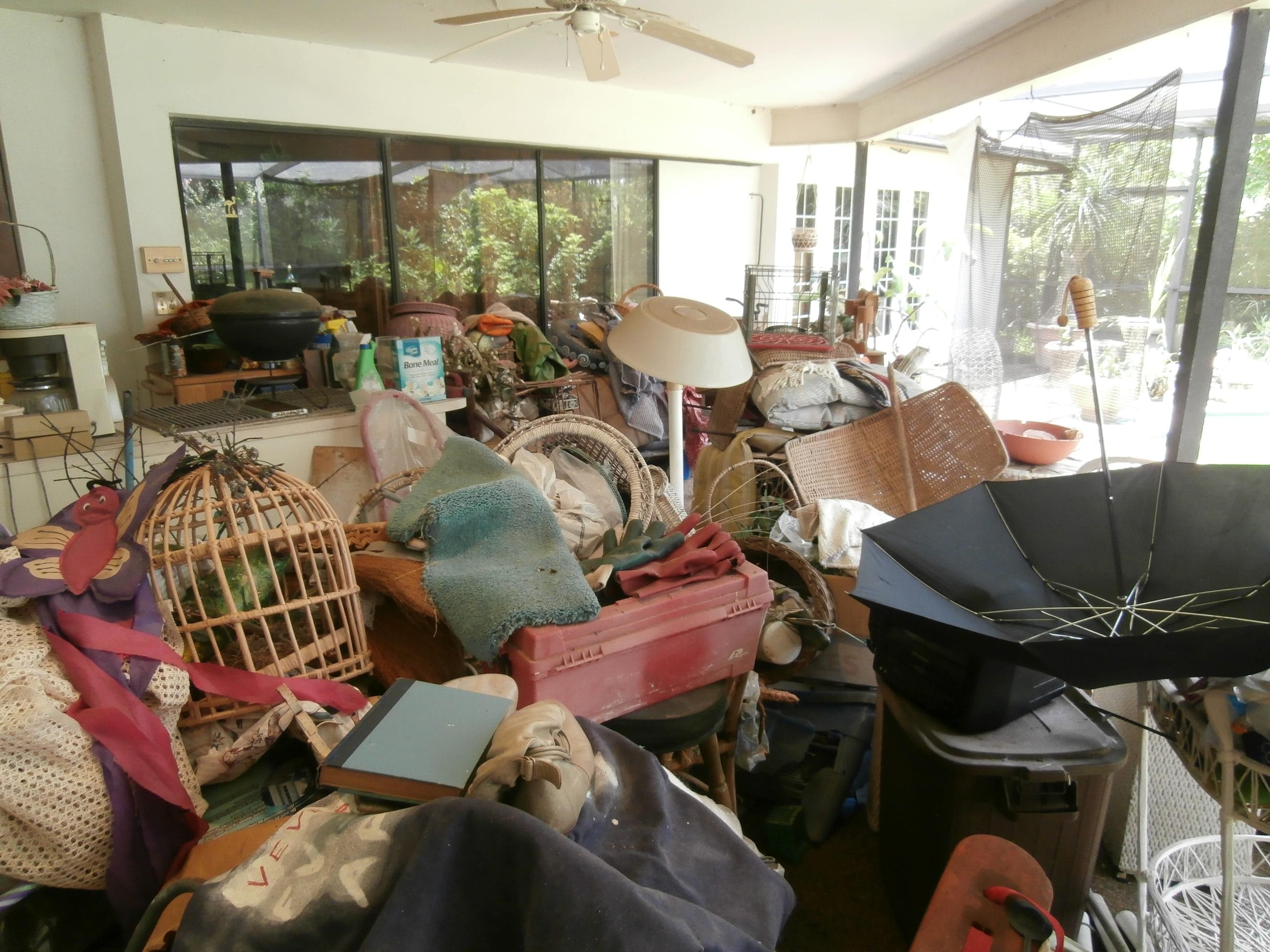Dealing with Tenants that are Hoarders
As a landlord, everything and anything that happens on your property becomes your problem. Hoarding affects over one million people in the US in some capacity, which means that as a landlord there is a high likelihood that one of your tenants may hoard. Due to hoarding being recognized as a mental disability, hoarders are protected under the Fair Housing Act and cannot be evicted for the act of hoarding. Though they do have rights as a tenant, if the hoarding causes a breach in the lease, that may be grounds for eviction. Many times, hoarding may cause emergency exits to be blocked, old food to attract rodents, and cause damage to the apartment or home , this would be a breach of the lease.
Clutter cleanup, on the other hand, is not as big of a job, nor as hard to clean up. Many times, clutter is simply papers, nonperishable goods, and other items which the hoarder simply cannot get rid of due to an emotional attachment to it. This type of cleanup requires little to no equipment, just time and care to remove all the goods. The difference is that hoarding cleanup involves perishable food items, things that cannot just be thrown up and toxic waste cleanup.
Tenants that Hoard can Cause Structural Damage
Hoarding cleanup can be a daunting task for anyone, especially a landlord with many properties. If your commercial estate has fallen victim to the damages of hoarding a professional may need to be called. First, identify the extent of the damage and clutter cleanup by figuring out what exactly was being hoarded. Was the tenant hoarding papers, boxes, stuffed animals and other common easily cleanable items? This could mean they are just hoard clutter and the cleanup is not as extensive. Or is the hoarding something worse and harder to clean? Some tenants hoard animals which can cause rodents to appear on the property, mold growth, and waste contamination. Other tenants may be hoarding food that is not stored properly which can also lead to rodents, mold, and spoilage. Both these types of hoarding will require a professional company for removal due to the dangers of the waste.
If your tenant is hoarding, they may be in breach of the lease. If so, notify them of it first and allowing them ample time to remediate the apartment or home. Since hoarding is a disease, aiding the tenant in seeking help may also aid in resolving the problem and save you the hassle of eviction and cleanup. If that option does not work, then the cleanup will fall upon you. If the time allowed is not used to clean the property, evicting them may be the next proper step for you as a landlord. If the rented building, house, or apartment affected by the hoarding, financially eviction makes sense because the longer the hoarding continues, the harder and costlier the cleanup will be.
Hoarding cleanup may require the removal of animals, their droppings, biohazardous material and an extensive amount of clutter , a good clean up company provides all of this and more, which is why one should be hired. Any hoarding cleanup service worth their weight in salt will offer removal, cleanup, decontamination, and remediation of the clutter on the property. In many cases, hoarding is the removal, cleanup, and decontamination of a property that may contain large amounts of waste. If the rented space has been the site of hoarding for a period, mold may have grown which will take a professional to clean. Animal droppings will also require professional removal if left to fester in the home.
Additional Decontamination is Required
Besides cleaning and decontaminating the property, a lot of remediation may be involved. If the hoarder damaged the walls, flooring or has caused the growth of mold, the apartment will need remediation. If any toxic substances such as mold are covering large areas of the property, there may be state regulations on cleanup.
If done incorrectly, the property may not be suitable for habitation again and it will not be able to be an income property for you until it is brought up to code or standard of living. A professional company will document the process to work with your insurance company to cover the costs of the cleanup as well. Make sure the company hired can provide a detailed, personalized cleanup route and that they have had experience in the cleaning, decontamination, and remediation industry.
As a landlord, make sure to know the rights that your tenant and yourself have when it comes to cleaning up the property. It is always important to put both yours safety first when decluttering and through the process of hoarding cleanup. If the job is too large to handle, it is always wise to call a professional hoarding cleanup company like Spaulding Decon for help.




